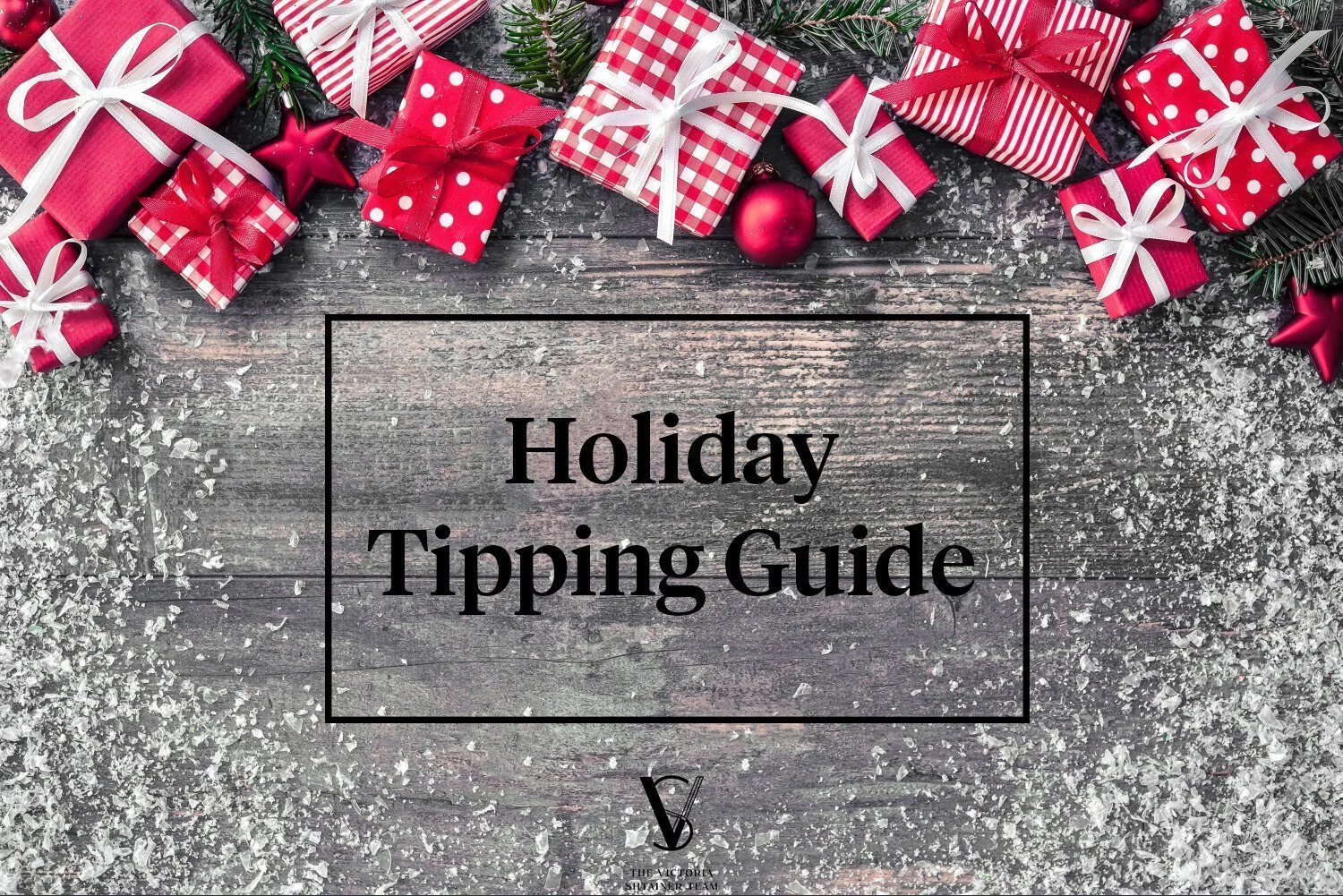Buying vs. Renting is a debate that takes place often in the real estate world. The debate is influenced by many factors: location, affordability, proximity to public transportation, carrying costs, school district zoning, and proximity to nearest park. Additionally, other factors such as how long you plan on staying, mortgage rates, inflation, and other economic factors can impact the cost to own versus the cost to rent a home. There has even been studies as to what the “breakeven” point may be in NYC neighborhoods!
While saving for a down payment has become challenging for many of today’s Millennials given high student loans and low wages that barely cover costs of monthly rent plus expenses, the equations frame the decision on whether to buy or rent.
How to Use Your Home as a Vehicle to Save
It is important to understand that owning a home is one of the biggest vehicles to wealth accumulation over the long-term. In fact, for many middle-class Americans that have built equity into a property, their home is the single biggest asset! This is a proven fact.
If you are feeling hopeless and not able to save for a home, here are some helpful tips to save for a downpayment for your new home:
Consider the following:
- You decide to purchase a home with a price of $1,500,000. With the standard 20% down payment, $300,000 is required to purchase the home with a mortgage.
- A conservative approach to estimating the future value of the home could be to link it to the Fed mandated target of 2% inflation. Exclude any neighborhood or real estate market increase. After 30 years, this property would have a value of $2.71M when tracked to 2% annual inflation.
- In this scenario, the buyer has paid mortgage payments, taxes, etc. instead of paying monthly rent. His or her payments have gone to building equity in the home to the tune of $2.4M
Consider the same $300,000 down payment “saved” in a traditional sense- in a brokerage account investment in a stock index. Assuming a 7% average annual return for the next 30 years, that $300,000 would become 2.2M while being subject to all the risks of equity markets. Put that in a traditional bank savings account with the current interest rates at virtually 0, and the needle barely moves on the $300,000.
At time of retirement, the above home could be sold for $2.71M with the owner opting to downsize into a smaller home, with an anticipated, smaller price tag. The incremental price increase could be captured as “savings” for this home owner used in retirement.
Renting a Home and Saving in a Traditional Sense
Buying a home can be intimidating and seem too expensive in the minds of many. Those that feel like home ownership is out of reach continue to rent. When renting a home, saving must take place in the traditional sense – a savings account, brokerage account, etc.
Consider the follow:
- A Median rent in Manhattan for a 2-bedroom apartment of $5,400. Assume no change in rent for 30 years (we will know this is not the case) this renter would spend $162,00 over 30 years, of which none is going towards any ownership.
- The renter in this scenario has $300,000, the amount required in the above scenario to buy a home.
- The renter decides to save this $300,000 traditionally and invests the $300,000 in the stock market in hopes of growth and outpacing inflation. Assuming a 7% average annual return for 30 years, the $300,000 becomes $2.2M.
In this scenario, the renter has paid $162,000 to owner nothing after 30 years while traditionally saving $2.2M. While these examples are simplistic at best, they demonstrate the way in which owning a home can be a vehicle to accumulate wealth and part of a larger financial plan.
Fun Ways to Save
1. If you love going out for a drink with friends consider going during Happy Hour, when drinks are usually half-price.
2. Do you love Starbucks in the office? Consider buying a coffee machine for the office. You save $4/day, 5 days a week, for 52 weeks per year, and that equals $1040 per year!
3. Want to try a new restaurant? Try going during "Restaurant Week", where the menu is pre-fixed, and less expensive, but just as good.
4. Automatic withdrawals from your paycheck to a high interest savings account
Do you have questions on whether now is the smart time to buy a home and stop renting? We are happy to discuss the current state of the market and review options for financing. Contact us to set up a confidential conversation.






